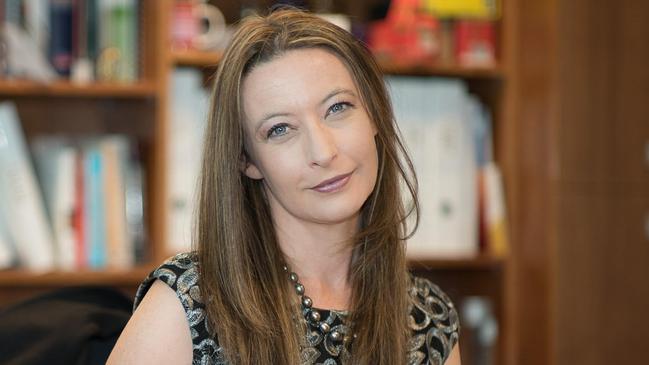Medicine access debacle deepens with invoices for delayed services
Pharmaceutical companies whose medicines have been indefinitely delayed are being charged $200,000 per application despite no services being provided, as patient outrage grows.

Companies whose medicines have been deferred under an unprecedented decision to hold back on Pharmaceutical Benefits Scheme assessments are still being charged upwards of $200,000 per application, despite no services being provided.
Patient advisory groups left in the dark over 45 medicines left off the agenda of the next Pharmaceutical Benefits Advisory Committee meeting have demanded the Albanese government intervene. Cancer treatments and chronic-disease medications are among the drugs deferred in the surprise decision, with delays of at least four months expected to their potential PBS listing.
In letters seen by The Australian, Health Department staff alerted sponsors of PBS applications to the invoice fee despite their submissions being held back. “Submissions held over from March 2025 will be considered at the PBAC’s July 2025 meeting subject to submission volume and capacity for that meeting,” an October 22 letter reads. “Invoices will be issued for all notices of intent proposing a submission be considered by PBAC at the March 2025 meeting. This will also include submissions that are required to be considered at a future meeting.”
An invoice dated October 23 charged one sponsor a $206,435 fee for a category 2 submission, meaning a drug deemed to have major potential impact.

“The department has received notification that over 50 major submissions are planned to be lodged for consideration at the March meeting,” the October 22 letter reads. “This is an unprecedented number and exceeds the current capacity of the contracted Health Technology Assessment workforce for evaluation, as well as what PBAC can consider in one meeting.
“The department has contacted existing and additional providers of HTA evaluation services but there is not enough capacity available to consider all the submissions at the March meeting. It will therefore be necessary to consider some of the submissions at a later meeting.”
Despite Health Minister Mark Butler calling on staff to “urgently engage with (pharmaceutical advocate) Medicines Australia to examine all potential solutions” on Monday, the Health Department previously backed the PBAC decision.
The correspondence provided to PBS application sponsors said “the department considered it important for the independent expert PBAC to determine how to manage its March 2025 agenda”. “In selecting submissions for the March 2025 agenda, the PBAC used its clinical judgment and experience,” it reads.
The Australian understands sponsors with delayed submissions were urged to withdraw their application to avoid facing a fee, as the Health Department worked to find a solution which would ensure remaining applicants had their submissions heard on time.
The deferral delayed the 45 submissions indefinitely, and for a minimum of three months. While a full list of medicines affected is not available, The Australian understands it includes cancer treatments, rare disease treatments, chronic disease treatments, a kidney disease drug and one major blood cancer medicine.
Not-for-profit health policy group Better Access Australia launched a petition to reverse the decision, made at a secret meeting last month.

“Patients were not consulted, and still do not know which of the medicines they are awaiting access to have been indefinitely delayed,” BAA chair and former PBS chief Felicity McNeill said.
“It is left to patients to once again fight for their access to their own health system.”
Australian Medical Association president Danielle McMullen said the government “needs to ensure that PBAC is properly resourced to be able to keep up with the workload it is facing”, while Public Health Association of Australia chief executive Terry Slevin came out in support of PBAC’s decision.
“We support the PBAC and its processes. Its experts must be allowed the opportunity to do their jobs as gatekeepers, assessing efficacy and value for public money, and make their best judgments independently,” Dr Slevin said.
“The pharmaceutical industry always wants to try to sell more of its products, and it always tries to apply pressure to the PBAC to get more subsidies for its products. That is the standing and in-built tension in the Pharmaceutical Benefits Scheme system.”
Mr Butler declined to comment.
The Centre for Community Driven Response in health, an international nursing telehealth service was especially critical of the decision, despite not being responsible for prescription.
“The issue is upsetting because on one hand, we’re over here working out how to get care to people in conflict zones amidst enormous challenges, and then there is this privileged decision in a country like Australia that has no reason to delay access to treatment at all, but are creating unnecessary barriers that could be overcome with some thought, consultation and willingness to resolve,” CCDR chief nurse Catherine Holliday said.
“Whether in Australia or elsewhere … it’s the nurses that end up managing patient anxiety about access to care, whether it’s because of war, natural disaster or in this case, government process.”





To join the conversation, please log in. Don't have an account? Register
Join the conversation, you are commenting as Logout